
Think the ExPetr epidemic doesn’t concern you? Think again
Global IT security problems like the recent Petya attack are of clear concern to large corporations — but they affect common people as well.
100 articles

Global IT security problems like the recent Petya attack are of clear concern to large corporations — but they affect common people as well.

Major pain: Critical infrastructure objects are among ExPetr’s (also known as NotPetya) victims.

A new ransomware outbreak is happening right now. Here’s what we know so far and what you can do to protect yourself from the threat.
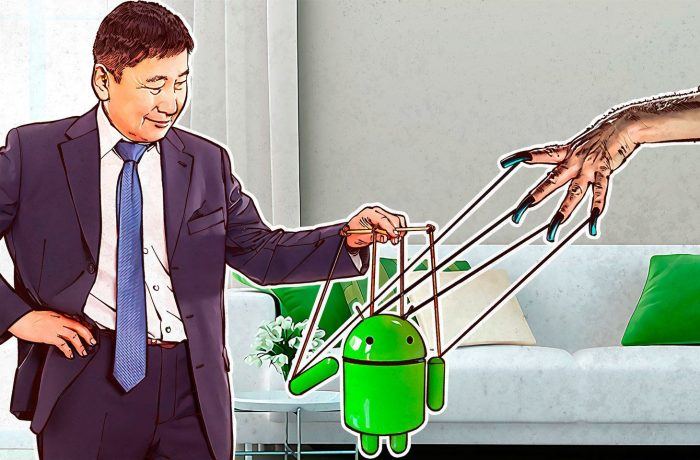
Many users of devices running Android are tempted to root them. Here we explain the good and bad sides of having superuser rights.

Applications that offer to pay you for installing other applications tend to shove malware at you.

Embedded systems demand special protection from infections similar to WannaCry.

By now, everyone has heard about the WannaCry ransomware attack. So far we have two posts about it: one with a general overview of what happened, and another with advice

What makes the self-replicating encryptor WannaCry so dangerous and how to prevent infection.
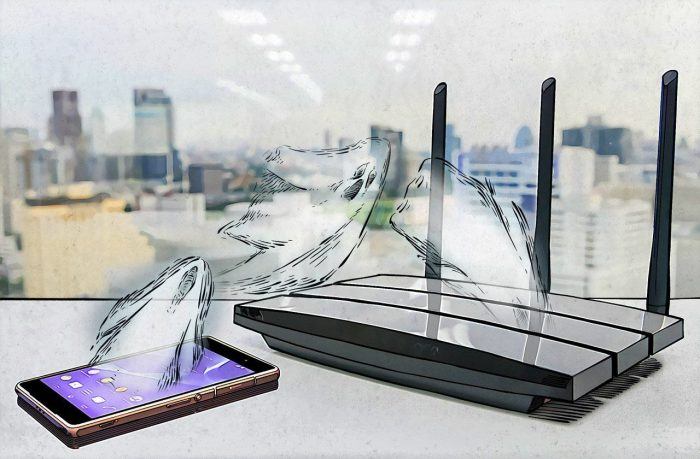
An unconventional Android Trojan does not do anything to your smartphone; instead it hacks the Wi-Fi hotspot the smartphone is connected to.

What is ransomware? Why do you need to know about it? And how can you protect yourself from it?

Ransoc ransomware gathers data from victim’s social networks and hard drives, and uses it to blackmail victims.
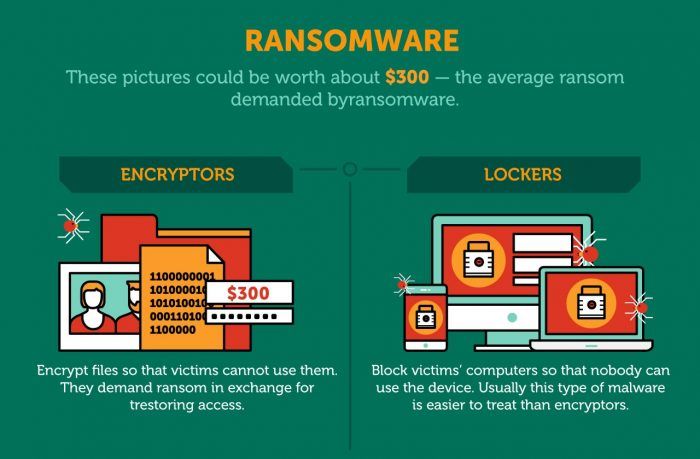
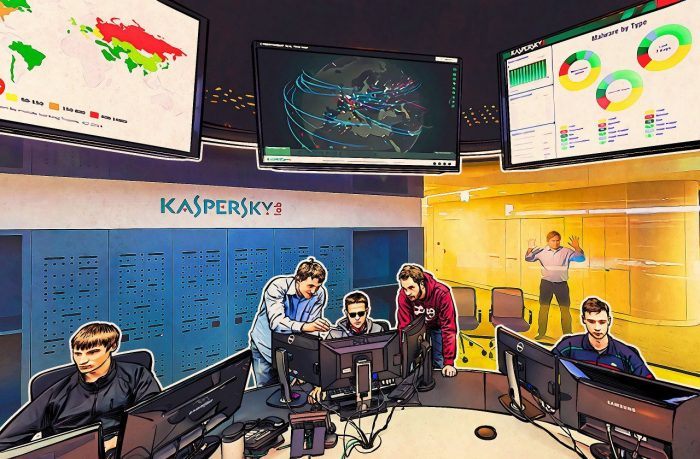
We explain three important concepts underlying antivirus action: signatures, the nature of viruses, and how antivirus solutions remove malware.


We discovered a Pokémon Go Trojan in Google Play. It had already been downloaded 500,000 times.

Digital advertising brings money to companies and relevant ads to you and me — and attracts fraud. How does it all work?
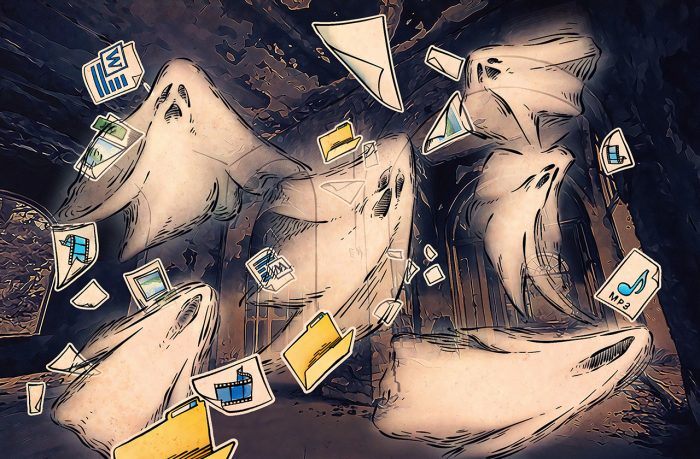
Fantom ransomware displays a fake Windows Update screen while encrypting your files.
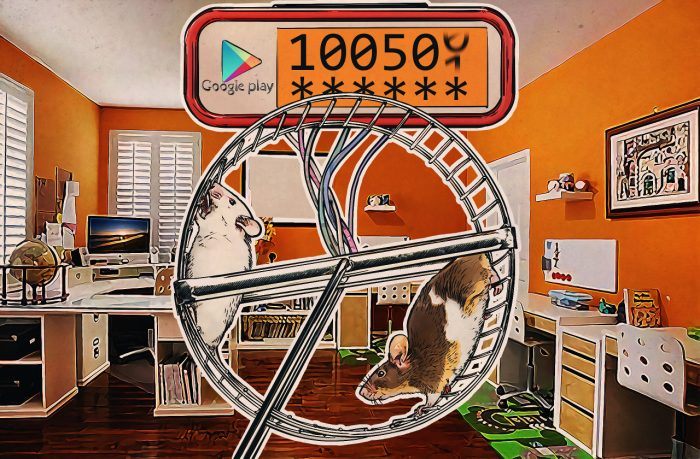
Some Android Trojans can write reviews and rate apps on behalf of users, but without their consent.

Good news, everyone! We have help for victims of Shade ransomware. Now you can decrypt the data without paying ransom.

Ded Cryptor ransomware is based on EDA2 — an open-source cryptor. EDA2 was created for educational purposes, but then things went horribly wrong.